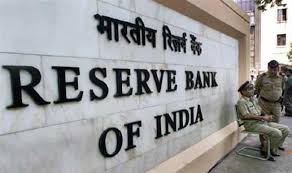India’s Central Bank Chief Just Quit — and the Rupee Is Paying the Price

The Rupee fell by as much as 1.6% to 72.46 against the dollar on Tuesday after Reserve Bank of India Governor Urjit Patel quit late Monday, citing personal reasons.
Stocks and bonds also fell before recovering in the afternoon. Patel’s resignation draws into question the independence of India’s monetary policy as Prime Minister Narendra Modi’s government looks to shore up support ahead of national elections next year. Early results from local elections in the world’s largest democracy showed the ruling Bharatiya Janata Party may lose control on some states in next year’s election.
Patel’s resignation follows the June resignation of former chief economic advisor Arvind Subramanian, who cited family commitments. Surjit Bhalla, a part-time member of Modi’s economic advisory council also resigned Tuesday. The government and the Reserve Bank have been clashing for several months over economic stimulus measures. In November, the government and the central bank reportedly ironed out their issues.
The rupee is down 11% for the year, making it the worst performer among major Asian currencies. In 2016 Modi made the controversial decision to abruptly eliminate all 500 and 1,000 rupee notes in a demonitization drive.
Patel’s term was scheduled to last through September 2019. His replacement will be the third central bank governor in as many years. He is the first Reserve Bank Governor to resign in 43 years.




